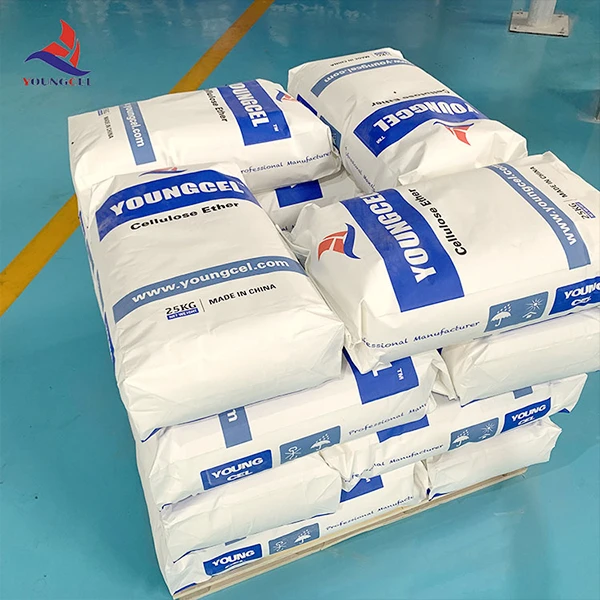The Role of Chemical Detergents in Modern Cleaning
Chemical detergents play an integral role in our daily lives, serving as essential tools for cleaning various surfaces, fabrics, and utensils. With their widespread use in households, industries, and commercial settings, understanding the composition, benefits, and environmental impact of these cleaning agents is crucial.
Detergents are compounds that help to remove dirt and grease by breaking down the surface tension of water. They consist of surfactants, which are the active cleaning agents, along with various additives. Surfactants are molecules that have both hydrophilic (water-attracting) and hydrophobic (water-repelling) ends. This dual nature allows them to effectively lift and suspend dirt and grease in water, enabling thorough cleaning.
The Role of Chemical Detergents in Modern Cleaning
In addition to their cleaning capacity, many commercial detergents are formulated with specific purposes in mind. For instance, laundry detergents often contain enzymes that break down protein, starch, and fat stains, making them effective against common laundry challenges. Dishwashing detergents, on the other hand, often include grease-cutting agents that are particularly suited for cookware and utensils. Specialized products are also available for hard surfaces, carpets, and even electronic devices, illustrating the versatility of chemical detergents across different cleaning needs.
chemical detergent

However, the use of chemical detergents isn't without concerns. Many traditional detergents contain phosphates, which, when washed down the drain, can lead to pollution in water bodies. Phosphates can promote excessive algae growth, resulting in eutrophication — a process that depletes oxygen in water, harming aquatic ecosystems. In response to these environmental issues, many countries have placed restrictions on the use of phosphates in cleaning products, prompting manufacturers to explore more environmentally friendly alternatives.
The drive towards sustainability has led to the development of green detergents. These products focus on biodegradable ingredients, relying on natural surfactants derived from plants rather than petroleum-based chemicals. While they may sometimes be perceived as less effective, advances in research and technology have led to the creation of eco-friendly detergents that rival their conventional counterparts in performance. Consumers are increasingly gravitating toward these products, reflecting a growing awareness of environmental stewardship.
In recent years, there has also been a rise in the popularity of concentrated detergents. These formulations reduce packaging waste and decrease the amount of water used in production, further mitigating their environmental impact. With proper dosing, concentrated detergents can provide the same level of cleaning while using significantly less product.
As society continues to advance, the demand for effective cleaning solutions is unlikely to diminish. Chemical detergents will remain a cornerstone of this sector, evolving to meet both consumer expectations and environmental standards. Education on proper use, recycling, and disposal of detergent packaging will be vital in reducing the ecological footprint associated with these products.
In conclusion, while chemical detergents are indispensable in our quest for cleanliness, it is imperative to consider their environmental implications. Through innovation and responsible consumer choices, we can harness the benefits of these cleaning agents while minimizing their negative impact on our planet. As we move forward, striking a balance between hygiene and sustainability will be paramount, ensuring that our cleaning practices contribute positively to the world we inhabit.
-
Rdp Powder: Key Considerations for Wholesalers in the Building Materials IndustryNewsJul.08,2025
-
Key Considerations for Wholesalers: Navigating the World of Hpmc - Based ProductsNewsJul.08,2025
-
Hpmc Detergent: Key Considerations for WholesalersNewsJul.08,2025
-
Key Considerations for Wholesalers: China Hpmc For Tile Adhesive, Coating Additives, Concrete Additives, and MoreNewsJul.08,2025
-
Crucial Considerations for Wholesalers: Navigating the World of Construction MaterialsNewsJul.08,2025
-
Key Considerations for Wholesalers Sourcing Additive For Cement, Additive For Concrete, Additive For Putty from Additive Manufacturer Shijiazhuang Gaocheng District Yongfeng Cellulose Co., Ltd.NewsJul.08,2025




